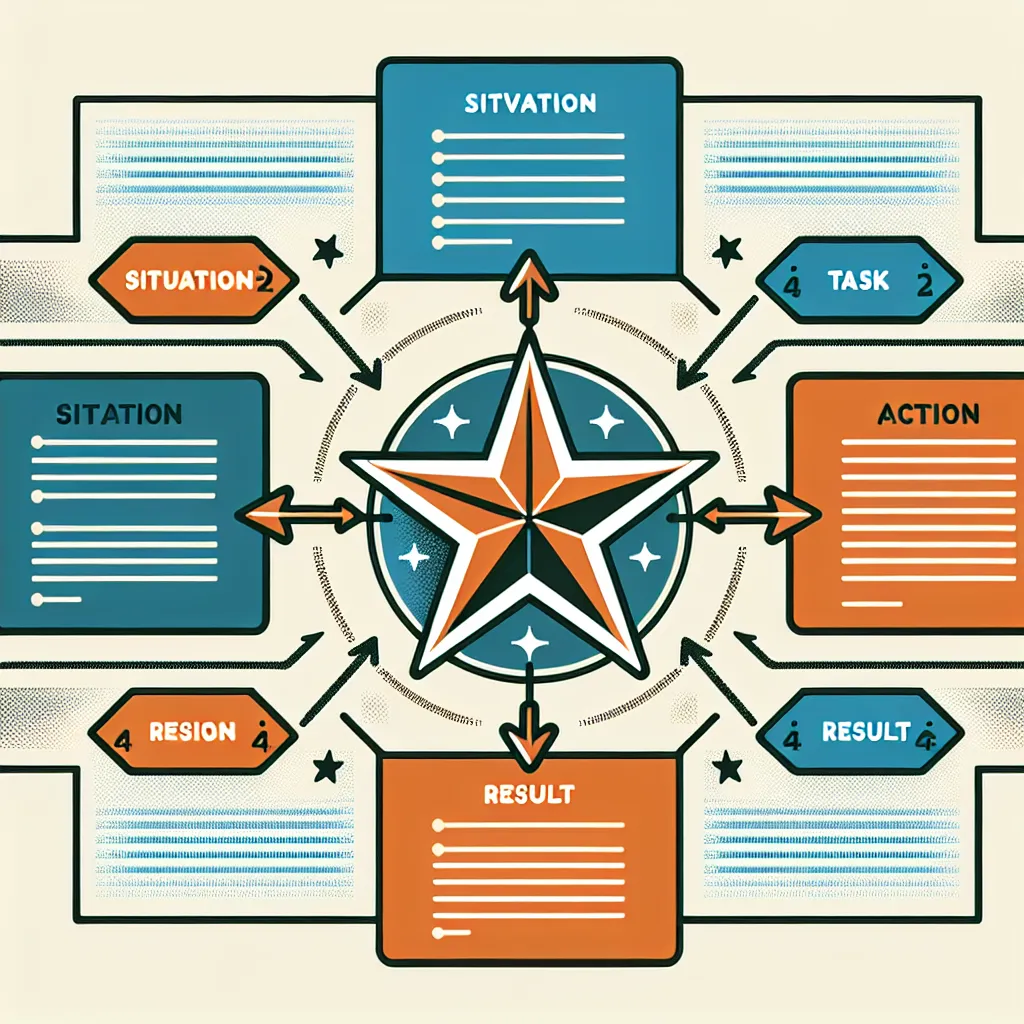Are you preparing for a job interview in English? Mastering behavioral interview questions is crucial for your success. This comprehensive guide will help you navigate through common behavioral questions and provide effective strategies to showcase your skills and experiences.
 Behavioral Interview Preparation
Behavioral Interview Preparation
Understanding Behavioral Interview Questions
Behavioral interview questions are designed to assess how you’ve handled various work situations in the past. The idea is that your past behavior is the best predictor of future performance. These questions typically start with phrases like “Tell me about a time when…” or “Give me an example of…”
Why Are Behavioral Questions Important?
- They provide concrete examples of your skills
- They allow employers to assess your problem-solving abilities
- They reveal your thought process and decision-making skills
- They help employers predict how you might perform in their organization
Common Behavioral Interview Questions and Sample Answers
Let’s explore some frequently asked behavioral questions and how to answer them effectively.
1. Describe a situation where you had to work under pressure.
Sample Answer: “In my previous role as a project manager, we faced a tight deadline for a major client presentation. Our team was short-staffed, and we had only three days to complete work that typically took a week. I immediately organized a team meeting to prioritize tasks and delegate responsibilities based on each member’s strengths. I also implemented a system of regular check-ins to monitor progress and address any issues quickly. By staying focused and maintaining open communication, we not only met the deadline but also delivered a high-quality presentation that impressed the client.”
2. Tell me about a time when you had to deal with a difficult coworker.
Sample Answer: “In my last job, I worked closely with a colleague who often missed deadlines, affecting our team’s overall performance. Instead of complaining, I decided to approach the situation constructively. I scheduled a private meeting with them to understand their challenges. It turned out they were struggling with time management. I shared some of my organizational techniques and offered to check in regularly to help them stay on track. Over time, their performance improved significantly, and our working relationship became much more positive.”
3. Give an example of a goal you reached and how you achieved it.
Sample Answer: “In my role as a sales representative, I set a personal goal to increase my client base by 20% within six months. To achieve this, I developed a strategic plan that included networking at industry events, leveraging social media for lead generation, and implementing a referral program for existing clients. I also dedicated time each week to researching potential clients and tailoring my pitches to their specific needs. By consistently following this plan and regularly evaluating my progress, I was able to exceed my goal, increasing my client base by 25% in just five months.”
Tips for Answering Behavioral Questions
- Use the STAR method (Situation, Task, Action, Result)
- Be specific and provide details
- Focus on your individual contributions
- Quantify results when possible
- Practice your answers beforehand
 STAR Method for Behavioral Interviews
STAR Method for Behavioral Interviews
Common Mistakes to Avoid
- Providing vague or general answers
- Failing to highlight your specific role in the situation
- Focusing too much on the problem rather than the solution
- Not adapting your examples to the job you’re applying for
- Speaking negatively about past employers or colleagues
Additional Behavioral Questions and Answer Tips
-
“Describe a time when you had to adapt to a significant change at work.”
Tip: Focus on your flexibility and positive attitude towards change. -
“Tell me about a time when you failed at something. How did you handle it?”
Tip: Emphasize what you learned from the experience and how you’ve applied that knowledge since. -
“Give an example of how you’ve worked effectively as part of a team.”
Tip: Highlight your communication skills and ability to collaborate. -
“Describe a situation where you had to persuade someone to see things your way.”
Tip: Focus on your negotiation skills and ability to find win-win solutions. -
“Tell me about a time when you had to make a difficult decision.”
Tip: Emphasize your analytical skills and decision-making process.
Conclusion
Mastering behavioral interview questions is an essential skill for job seekers. By understanding the purpose behind these questions and preparing thoughtful, specific answers, you can significantly increase your chances of success in job interviews. Remember to use the STAR method, practice your responses, and tailor your examples to the job you’re applying for. With preparation and confidence, you’ll be well-equipped to showcase your skills and experiences effectively.




